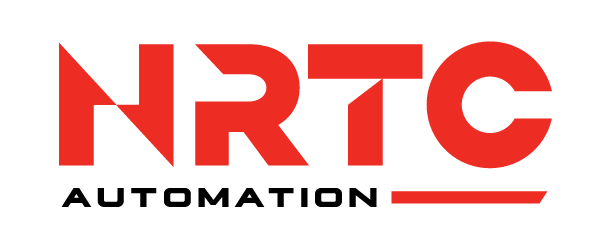Here's What Happens to Recycled Industrial Materials
In 2017, the U.S. produced about 7.6 billion tons of industrial waste, and only 30% of all industrial waste is recycled.
Recycling is important for two reasons, and the first one that comes to mind is sustainability. Who wouldn’t want to contribute to a cleaner, greener world? Recycling waste materials lowers pollution rates, lessens production’s harmful impact on animals and marine life, improves standards for human health, and eliminates the addition of one more product in a landfill.
The second reason is liability, as industrial waste can potentially be dangerous. Violating waste regulations is expensive and may have negative consequences for employees and the company. The Superfund law is reinforced by the EPA to keep companies responsible for their waste, encouraging them to take action against unlawful dumping.
Thankfully, recycling is becoming easier as technologies develop and more recycling companies enter the market. Read more about the source and types of industrial waste and how they are recycled below.
Recycling Industrial Materials
Source of industrial waste
Industrial waste is produced by manufacturing companies, construction sites, and production and power plants. The waste can be a by-product of manufacturing, like raw materials such as metals, or it may be broken and defective equipment that cannot be repaired.
When a company finishes a project and completes a tear out of their facility, there is a huge opportunity for recycling materials. Recyclable industrial waste is also produced on a day-to-day basis as production occurs and scrap material is left over.
COMMON RECYCLED INDUSTRIAL MATERIALS
A few of the common industrial materials that are recyclable include:
Scrap metals (copper, iron, aluminum, etc.)
Glass
Plastics
Scrap tires
Chemicals
Digital waste
There is a different process for each of these materials, which will be explained below.
Transportation of materials
The logistics of transporting waste materials is important for two reasons:
There will likely be a lot of waste, especially after a tear out, that will be sent for recycling.
These materials could be potentially hazardous (like chemicals) or dangerous (like glass), so proper transportation is necessary for safety.
Materials are typically loaded into a roll-off container, ranging in size from 20-yards for heavy materials to 40-yards or more for large industrial equipment. They are then transported by a truck. Compactors may also be used to condense like materials for easier transportation.
Waste transportation can be costly, which is why NRTC Automation covers the bill during a decommissioning project. We will ensure that your facility is broom-ready by shipping off recyclable materials and prevent any surprise costs associated with transportation.
Recycling process
Recycling is a standardized step-by-step process from picking up the waste to presenting repurposed materials to be used for new products.
Once the materials have arrived at the processing center, they will be dumped and sorted. The sorting process may be done by hand or with automated lines.
The waste will then be processed once it has been accumulated into groups. Waste can be broken down, melted, or separated by parts and reused.
Now the waste is transformed into a useable product and can be sold to companies that utilize recycled materials to create new products and be reintroduced to the market.
REPURPOSED PRODUCTS
Recycled materials can be reused to create repurposed products, such as:
building materials
industrial equipment, storage
glass products
cables
The benefits of using repurposed products are that they are cost-effective and marketable for being sustainable.
Prevent waste by recycling usable materials.
You can contribute to the movement toward a sustainable world by recycling viable industrial waste. Conforming to the Superfund law and keeping waste out of landfills will allow materials to be repurposed, preventing more pollution and litter from soiling the planet.
CONTACT NRTC AUTOMATION FOR YOUR TEAR OUT.
NRTC Automation will provide a customized solution for the decommissioning and tear out of your manufacturing and industrial assets. Our focus is on minimizing disruption and downtime in the work area while emphasizing safety, speed and efficiency. We also provide additional services to help ensure full adoption of automation solutions and a seamless integration into your workplace.
Contact NRTC Automation today for more information on how we can personalize our solutions for your company.

